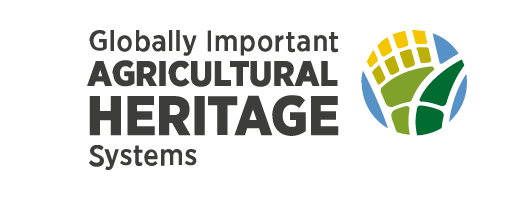Photos
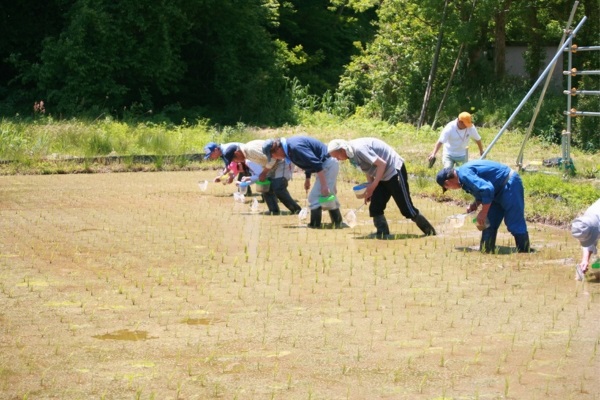
Flickr Album: Sado’s Satoyama in Harmony with Japanese Crested Ibis, Japan
16/06/2011
Traditional ecological knowledge associated with satoyama is being combined with applications of modern technology and governmental policy to restore the mosaic of ecosystems on which the ibis, a culturally valued bird, depends for its survival while promoting environmentally-sound agricultural practices.

Flickr Album: Diebu Zhagana Agriculture-Forestry-Animal Husbandry Composite System, China
16/06/2011
Traditional ecological knowledge associated with satoyama is being combined with applications of modern technology and governmental policy to restore the mosaic of ecosystems on which the ibis, a culturally valued bird, depends for its survival while promoting environmentally-sound agricultural practices.
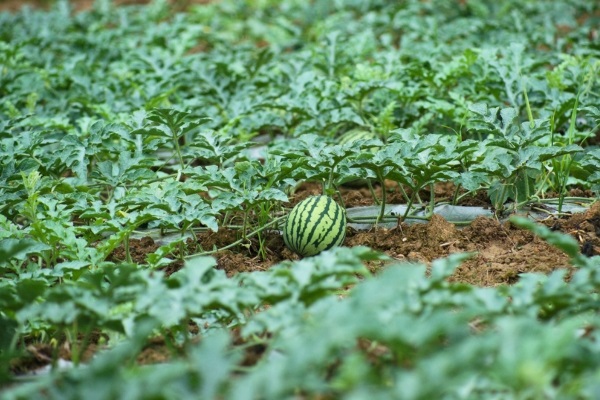
Flickr Album: Wannian Traditional Rice Culture, China
02/06/2011
Wannian traditional rice is a remarkable old and prototype variety, firstly grown in Heqiao village during the North and South Dynasty (420 AD - 589 AD). Formerly called “Wuyuanzao”, this rice is now commonly known as “Manggu”.
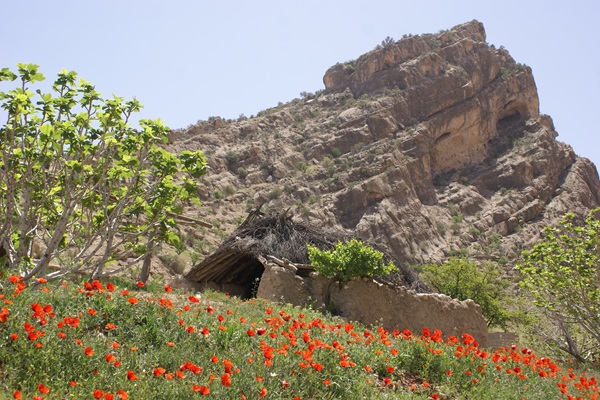
Flickr Album: Estahban Rainfed Fig Orchards Heritage System, Fars Province
29/04/2011
Fars province is the most important region for rainfed figs in Iran, where more than 75% of cultivars are located in Iran. More than 50 percent of the levels of Fars P a g e | 4 province fig gardens, which contain 17 percent of the world's cultivar, are located in Estahban.

Flickr Album: Shimbwe, Tanzania
01/01/2011
Growing a high diversity of crops and trees but also animals, the agroforestry system is highly integrated to its environment. It also participate to maintain the soil fertility but mainly to regulate the the water flow from the Mt. Kilimanjaro as a water-tower for the region.
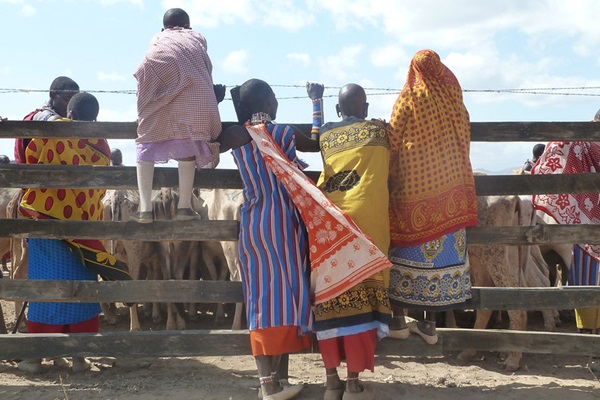
Flickr Album: Maasai, Kenya
01/01/2011
In Southern Kenya, Maasai have developed an agro pastoral system for centuries. Despite the scarce water and grazing land availability, Maasai have succeeded in adapting their systems to this area satisfying their needs and evolving with the cities nearby. Strongly linked to wildlife this agro pastoral system is not competing with it but functioning in synergy.
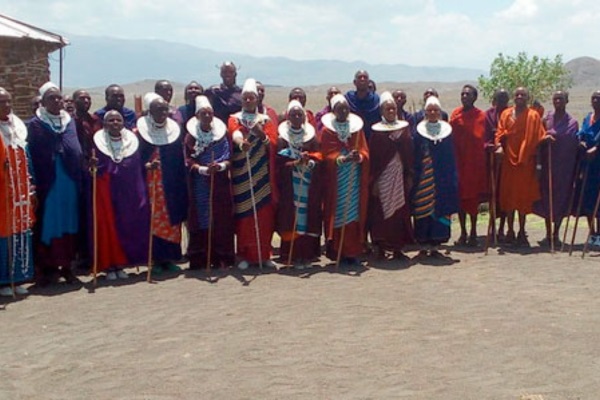
Flickr Album: Maasai, Tanzania
01/01/2011
In Northern Tanzania, Maasai have developed an agro pastoral system for centuries. Despite the scarce water and grazing land availability, Maasai have succeeded in adapting their systems to this area satisfying their needs and evolving with the cities nearby. Strongly linked to wildlife this agro pastoral system is not competing with it but functioning in synergy.
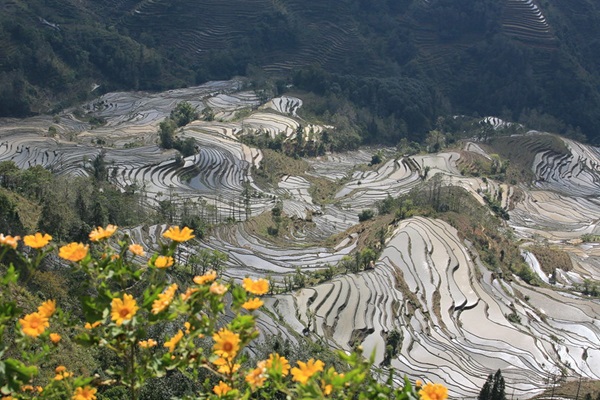
Flickr Album: Hani Rice Terraces, China
11/11/2010
The forest, village, terrace and river compose the typical ecological landscape of the Hani Rice Terraces. The Hani People, their indigenous agricultural technologies, their selection of the settlement site and their traditional customs for environment protection and conservation all show a harmonious relationship between human and nature, and their relationship in the human society as well.
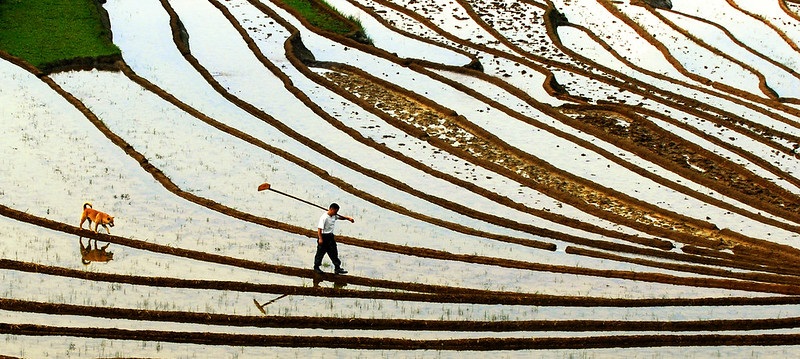
Flickr Album: Rice Terraces in Southern Mountainous and Hilly areas, China
04/06/2010
Jiangxi Chongyi Hakka Terraces. China has a very long history of constructing terraces that are famous for a wide scope of distribution and a large number of amount. China is a mountainous country where the area of mountains account for about two-thirds of the total area of the territory.
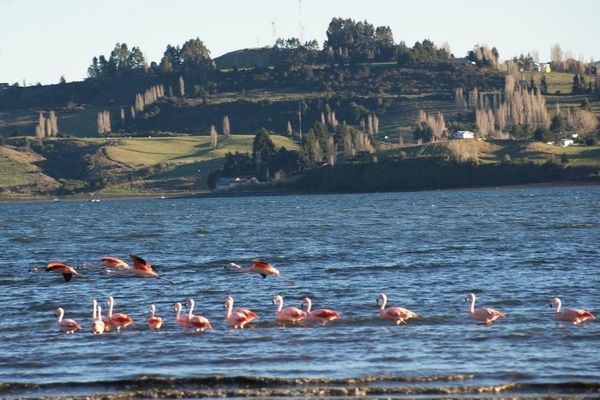
Flickr Album: Chiloé Agriculture, Chile
19/02/2010
Traditionally Indigenous communities and farmers of Chiloé cultivated native varieties of potatoes which went from 800 to 1,000, before the agricultural modernization. Indeed, there has been a generalized erosive process of the genetic materials which has resulted in a reduced amount of varieties in the most isolated zones of the archipelago.
.tmb-th600x400.jpg?Culture=en&sfvrsn=79067d79_3)
Flickr Album: Andean chakra: an ancestral agricultural system of Kichwas Cotacachi Communities, Ecuador
19/02/2010
The Andean Chakra is an ancestral agricultural system of the Kichwa Indigenous Peoples in the Ecuadorian Andean region. This outstanding system is characterized by the integration and interconnection of climates, ecosystems, agricultural practices and biodiversity at an altitude ranging from 2 500 to 3 400 m in the Cotacachi Mountains.
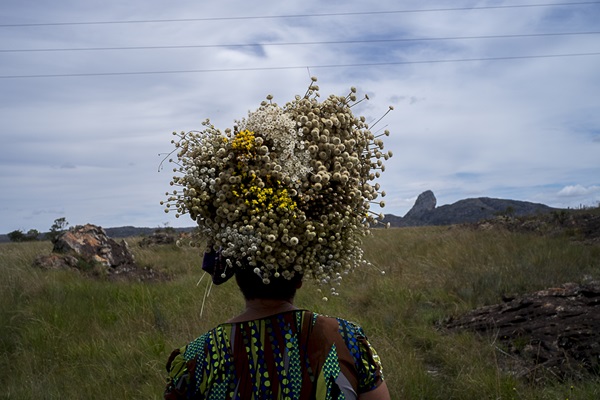
Flickr Album: Traditional Agricultural System in the Southern Espinhaço Range, Minas Gerais, Brazil
19/02/2010
The local communities have developed unique agricultural system and cultural identity based on their profound understanding of natural cycles and ecosystems, and vast knowledge regarding native flora management, achieving a great harmony with the environment and conservation of the biodiversity.
.tmb-th600x400.jpg?Culture=en&sfvrsn=cf51ce5e_3)
Flickr Album: The Amazonian Chakra, a traditional agroforestry system managed by Indigenous communities in Napo province, Ecuador
19/02/2010
The Amazonian Chakra can be defined as a sustainable land-use model in which productive spaces located within the farm are managed by families under an organic and biodiverse approach, valuing ancestral knowledge.
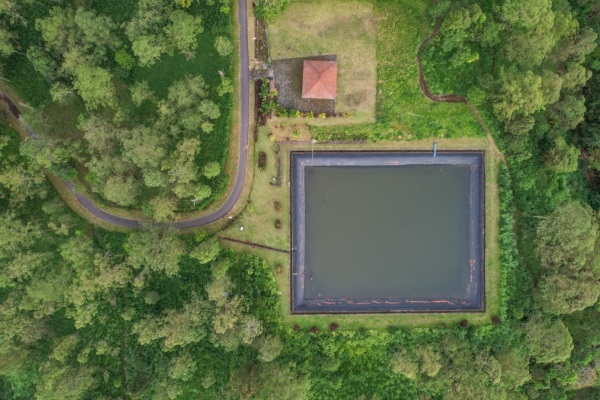
Flickr Album: Salak Agroforestry System in Karangasem, Bali
18/02/2010
Developed by the indigenous Balinese people using the traditional subak system, it enhances biodiversity, conserves water, sequesters carbon, and supports food security, while preserving cultural heritage and sustaining local livelihoods.
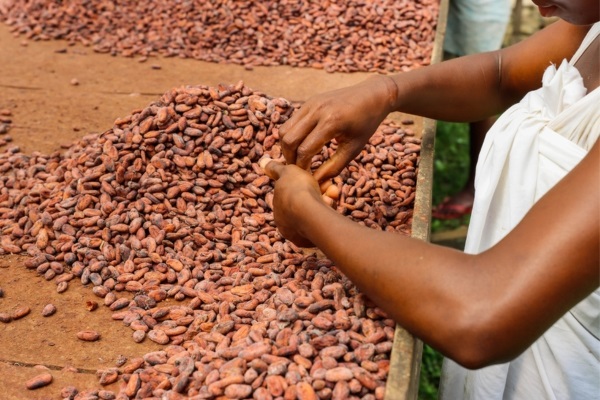
Flickr Album: Cocoa Agroforestry System in Sao Tome and Principe
18/02/2010
The Cocoa Agroforestry System of Sao Tome and Principe, known for its high-quality Amelonado cocoa, combines traditional farming with diverse crops to enhance food security, strengthen the livelihoods of farming families, preserve cultural heritage, and maintain biodiversity.
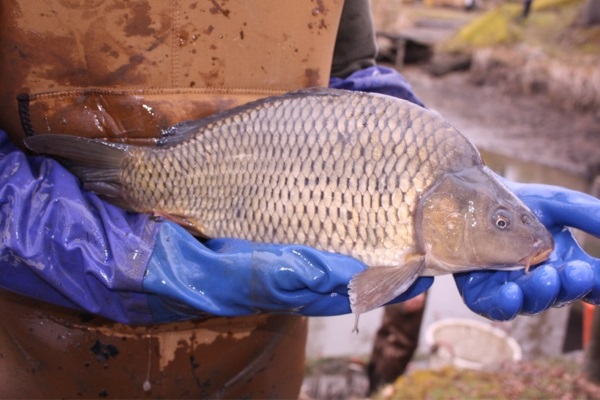
Flickr Album: Carp pond farming in the Waldviertel region of Lower Austria
18/02/2010
This sustainable practice supports biodiversity, conserves water and preserves cultural heritage through the production of high-quality carp and innovative fish products.
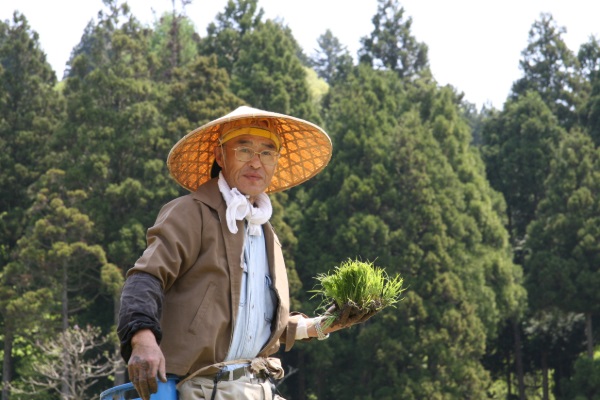
Flickr Album: Noto's Satoyama and Satoumi, Japan
08/05/2009
The peninsula is a microcosm of traditional rural Japan where agricultural systems are integrally linked to mountains, forest activities upstream and coastal marine activities downstream. Holistic approaches to integrated human activities of fishing, farming and forestry have traditionally been practiced and continue to coexist.
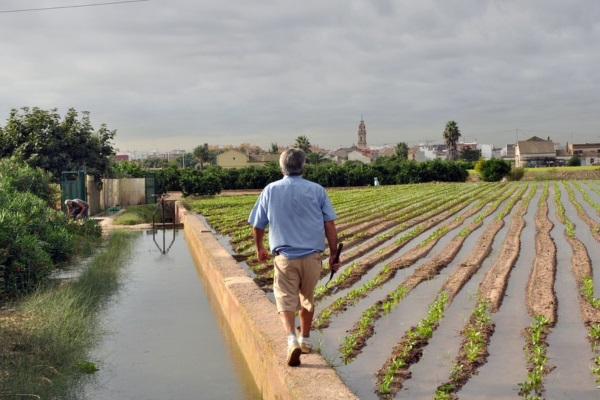
Flickr Album: Historical Irrigation System at l'Horta de València, Spain
14/04/2008
L’Horta de Valencia covers a surface of 28km2 including the Historical Huerta and a section of the Albufera National Park. It is formed by a systems of fields irrigated by the Turia river that has maintain its traditional features in a densely populated coastal region. The landscape structure ...
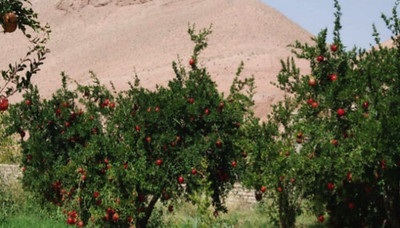
Flickr Album: Qanat Irrigated Agricultural Heritage Systems, Kashan, Iran
24/07/2007
The Qanat Irrigated Agricultural Heritage Systems are uniquely designed, demonstrating a close relationship with nature, culture, and the capacity of the environment that surrounds it and more importantly, the underlying sustainability and productivity principles.
.tmb-th600x400.jpg?Culture=en&sfvrsn=545d3c13_1)
Flickr Album: The subalpine pastures of Andorra, Andorra
18/09/2006
ANDORRA - The subalpine pastures of Andorra

